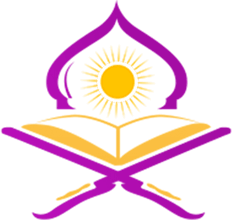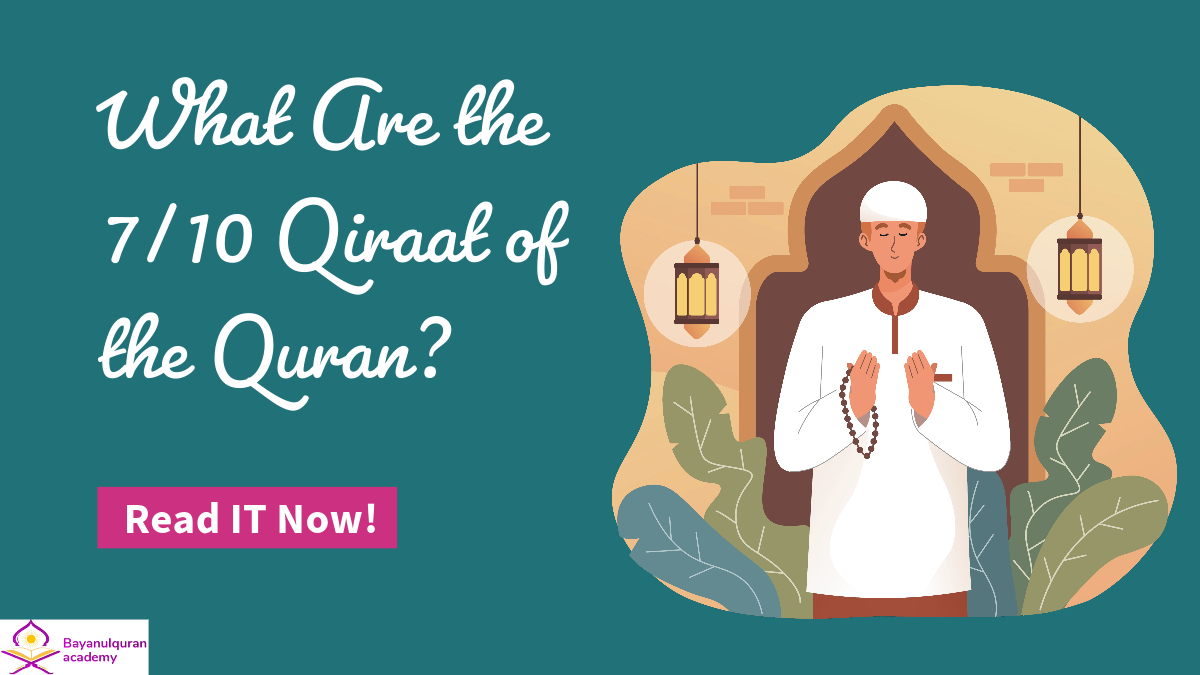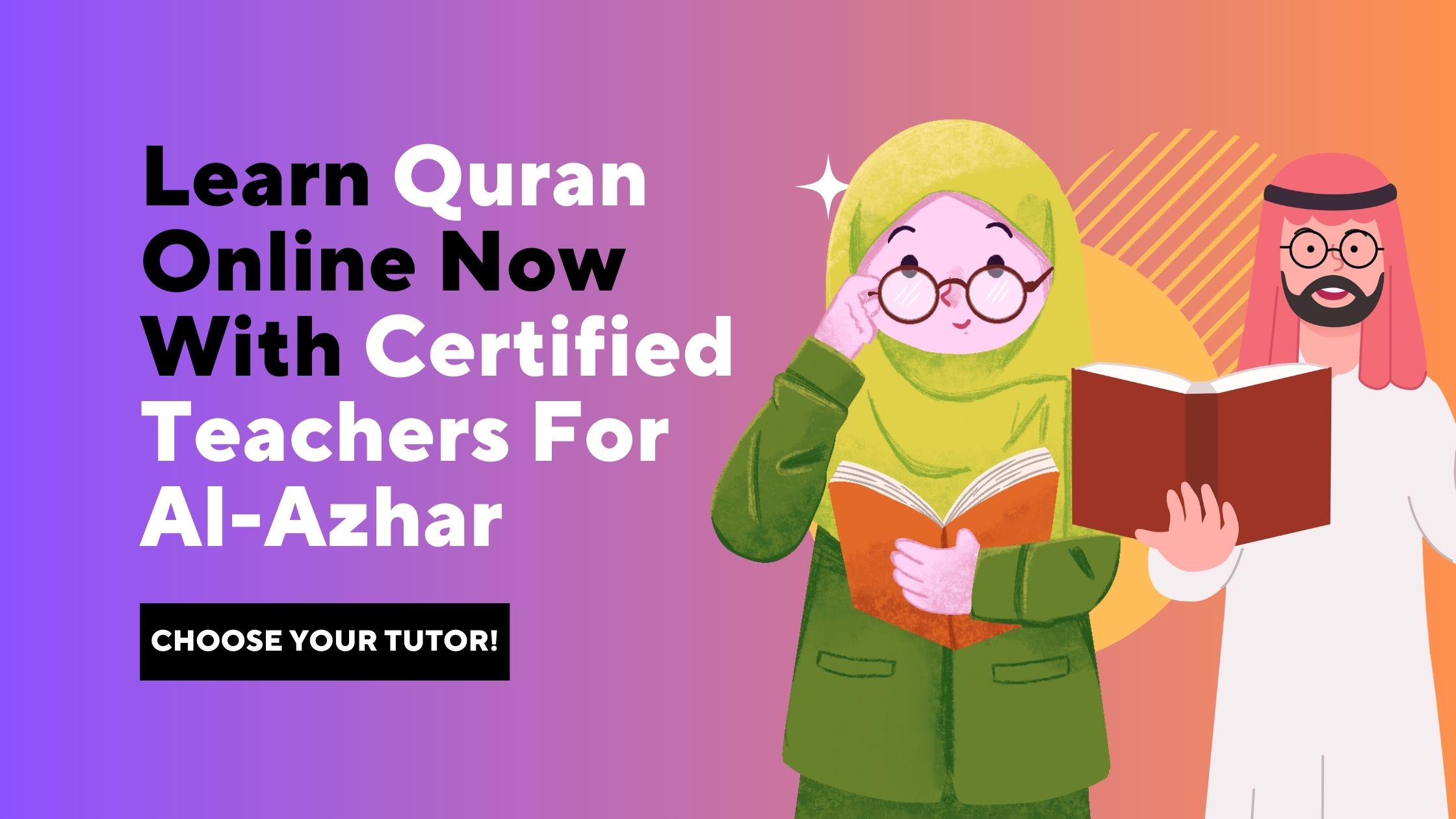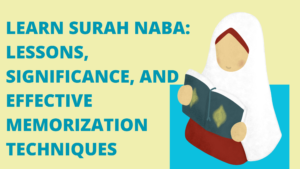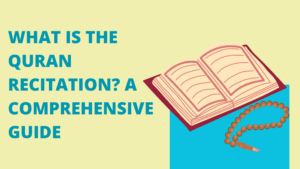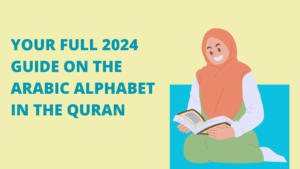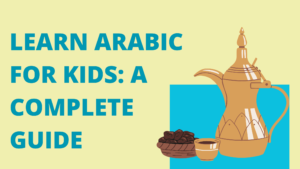The Quran has seven main Qirat, and ten Qirat in total, which is a mercy bestowed upon us by our merciful Allah. The 7/10 Qirat of the Quran represent different recitation styles that have been practiced since the time of Prophet Muhammad (PBUH). Initially, seven Qirat were recognized, but later three more were added, totaling ten accepted styles. Each Qirat follows a unique set of rules based on regional Arabic dialects. These include Qirat Naafi Al-Madani, Qirat Ibn Katheer Al-Makki, Qirat Abu Amr Al-Basri, Qirat Ibn Aamir Ashami, Qirat Asim Al-Kufi, Qirat Hamzah Al-Kufi, and Qirat Al-Kisai Al-Kufi.
The additional three are Qirat Abu Jaafar Al-Madani, Qirat Yaqoub Al-Hadrami, and Qirat Khalaf Bin Hisham Al-Baghdadi. Each Qirat has its own transmitters who passed down the recitation style through generations. These variations in recitation styles preserve the linguistic diversity of the Arabic language and have been accepted by Islamic scholars throughout history.
The Quran is a kingdom full of all the sacred blessings that can turn our lives from misfortune to good fortune, and this kingdom welcomes its visitors through seven main doors, and ten doors in total.
Table of Contents
What are the 7/10 Qirat of the Quran?
The 7/10 Qirat of the Quran are the different ways of pronouncing the words of the Quran, and different ways of reciting the Quran. All of these Qirat or Riwayat have been reported to have been practiced by Prophet Mohamed (PBUH).
Each of these Riwayat is distinguished by its unique set of rules that makes the recitation stand out from the other Qirat, and each of them adds to the beautifying element of reading the Quran in its own special way.
Read: How to learn the Qirat of the Quran?
Why does the Qirat of the Quran exist:
The reason why these Qirat of the Quran exist, and variations of the styles of Quran recitation is acceptable, is due to the different styles that the Quran was revealed with due to the variations in different Arabic dialects.
The Quran is revealed in Arabic, which doesn’t have only one dialect, but rather many different dialects that differ in vocabulary, grammar, and pronunciation.
Thus, based on the different styles of revelation, each group of canonical transmitters of the Quran slightly adapted the Quran to the dialect of his people, and other reciters of the Quran would follow their lead, and contribute to the preservation of those variations in reading the Quran.
When our noble prophet (PBUH) started to read the Quran while respecting and abiding by those dialectal and accent variations, signaling to everyone that it is accepted religiously to read the Quran in different ways; and in different Qirat.
How many Riwayat are there in the Quran?
There are ten Qirat or Riwayat in total in the Quran. Initially, Islamic scholars approved of only seven Qirat, but later added three more Qirat to them, concluding that there are ten Riwayat in total.
There are ten accepted Riwayat (recitation styles) of the Quran, each following unique rules based on regional Arabic dialects. These include Qirat Naafi Al-Madani, Qirat Ibn Katheer Al-Makki, Qirat Abu Amr Al-Basri, Qirat Ibn Aamir Ashami, Qirat Asim Al-Kufi, Qirat Hamzah Al-Kufi, Qirat Al-Kisai Al-Kufi, Qirat Abu Jaafar Al-Madani, Qirat Yaqoub Al-Hadrami, and Qirat Khalaf Bin Hisham Al-Baghdadi.
We understand that it can be a bit confusing to find all of them; so, here is a list of Quran Riwayat:
1- Qirat Naafi Al-Madani:
Qirat Naafi Al-Madani is the approved recitation of the Quran of Naafi Al-Madani, one of the seven transmitters of the Quran. This Qirat adopts the linguistic system and variation of Al-Madina city in what is known as Saudi Arabia; as Naafi belonged to Al-Madina.
Many prominent Islamic critics and philosophers; such as Al-Durr, and Al-Nasai, have expressed their approval of Naafi’s recitation, and viewed him as a trustworthy Imam, who can be relied on when followed by Muslims as a role model.
There are two direct transmitters of Naafi’s recitation of the Quran: Qalun, and Warash. Qalun was brought up and taught how to read the Quran by Naafi himself, whereas Warash was an Egyptian man who sought to learn to read the Quran by Naafi himself, and his recitation was popular in Egypt.
2- Qirat Ibn Katheer Al-Makki:
Qirat Ibn Katheer Al-Makki is one of the seminal seven styles of recitation of the Quran, which was developed by Ibn Katheer, to follow the linguistic system of Mecca.
Ibn Katheer has two transmitters of his recitation: Al-Buzzi, and Qanbal. The three of them had Persian origin, which brought them together and facilitated their communication.
3- Qirat Abu Amr Al-Basri (Basra):
Abu Amr Al-Basri has developed a reading of the Quran that was said to be the most eloquent and articulate, and it was reported to be similar to the recitation of the prophet’s comrades.
As a child, Abu Amr received education from many great Islamic tutors and thinkers, which later turned him into the most well-read, and best educated amongst the transmitters of the Quran, that he himself is reported to have said “I do not know of anyone before me more learned than myself”.
Therefore, his recitation was accepted as a reliable recitation of the Quran by many Islamic scholars.
4- Qirat Ibn Aamir Ashami:
Qirat Ibn Aamir Ashami follows the linguistic variation of what is known as Syria; as he was the Imam of the mosque of Damascus during the reign of Al-Walid Bin Abd Al-Malik, which allowed him to spread his knowledge and his style of recitation among people.
Ibn Aamir has two transmitters of his Riwaya: Hisham and Bin Dhakwan.
5- Qirat Asim Al-Kufi:
Qirat Asim Al-Kufi was influenced by the linguistic system of the dialect of Al-Kufa, which he has learned from Abd-Alrahman Al-Sulami, and many Islamic scholars have approved his recitation.
Two reciters have transmitted Asim’s Qirat:
A- Hafs, who was reported as a reliable transmitter, has said of himself that he “did not depart from Asim’s reading except in one word in “Surah Al-Rum”.
B- Abu Bakr, who was an avid learner, and an active teacher for almost his whole life, which led him to be acknowledged as a seminal Islamic scholar. Describing his great efforts, and the length of his knowledge, Abu Bakr has said of himself “I am half of Islam”.
6- Qirat Hamzah Al-Kufi:
Qirat Hamzah Al-Kufi which was greatly influenced by the Kufi dialect, was accepted and applauded by many scholars, and this support was in their trust in Hamzah’s abilities as an Arabic grammarian, yet there were those who disliked and didn’t trust his recitation for one reason or another.
Hamzah’s recitation was mainly transmitted by: Khalaf Bin Hisham and Khallad Bin Khalid. Both transmitters were deemed trustworthy by Islamic scholars and thinkers of their age.
7- Qirat Al-Kisai Al-Kufi:
Qirat Al-Kisai Al-Kufi is a style of recitation of the Quran that was developed by Al-Kisai, who was the Imam of reciting the Quran in Kufa after the death of Hamza.
His recitation of the Quran was transmitted by Al-Layth Bin Khalid and Hafs Bin Umar, and their recitations were deemed reliable and trustworthy by Islamic scholars.
On the other hand, the following three are the added ones to the already formulated list of the seven Qirat Al-Quran:
8- Qirat Abu Jaafar Al-Madani:
Qirat Abu Jaafar was widespread in Al-Madina; which is why Islamic scholars found it appropriate to include it in the list of the 10 Riwayat of the Quran.
Abu Jaafar has two main transmitters of his recitation: Isa, and Ibn Jammaz, who are witnessed to have been excellent teachers of Qirat Abu Jaafar, and avid students of the details of the recitation itself.
9- Qirat Yaqoub Al-Hadrami:
Qirat Yaqoub Al-Hadrami is one of the ten accepted recitations of the Quran, but some critics objected to having it on the list of the ten recitations of the Quran.
Yaqoub’s recitation was further transmitted by: Ruways and Ruh. Both of them were highly esteemed and hard-working tutors of Yaqoub’s style of recitation.
10- Qirat Khalaf Bin Hisham Al-Baghdadi:
Qirat Khalaf Bin Hisham Al-Baghdadi is one of the ten Qirat approved by Islamic scholars; religious philosophers counted Khallaf as a trustworthy reliable reciter of the Quran, specially with his vast knowledge.
There are two transmitters of his reading of the Quran: Ishaq and Idris. Both are reliable transmitters, and Idris was reported as “a master in his field, an accurate recorder of readings, precise, and reliable. He studied with Khalaf B. Hisham”.
There are many sources of the Qirat online. You can even find 10 Qirat pdfs, or look up 7 styles of Quran recitation pdfs, and you will find countless sources of information. But it can be a bit confusing to learn it alone, don’t you think?
This is why Bayan Al Quran Academy has developed a professional Qirat course that is designed to introduce you to this world of different Qirat in a simple and organized manner.
Learn the Quran Online With Bayan al-Quran Native Arab Tutors:
Embark on a transformative journey of Quranic learning with Bayan Al-Quran’s comprehensive online courses. Our platform offers an authentic and immersive experience tailored to learners worldwide. Whether you’re a beginner or seeking to enhance your skills, our Tajweed courses provide expert guidance and structured learning to master the art of Quranic recitation.
🎓 Expert Guidance:
Benefit from experienced instructors who specialize in Tajweed, breaking down complex rules into manageable segments for learners of all levels.
✨ Key Features:
- Structured, step-by-step learning approach.
- Access to high-quality instructional materials.
- Real-time feedback from qualified tutors to enhance your practice.
- Flexible learning schedules to accommodate your pace and convenience.
- Immerse yourself in the melodious tones of Quranic recitation, enriching your spiritual experience.
🌟 Why Choose Bayan Al-Quran?
Join our vibrant community dedicated to perfecting Quranic recitation. Build a profound connection with the divine words of the Quran and enrich your spiritual journey. Choose Bayan Al-Quran for a transformative learning experience and embark on a path to mastering Tajweed with confidence.
You can also attend online Quran Classes with Bayan al-Quran with Native Arab tutors. There are also several courses that can help you in this regard:
- Online Quran Classes For Kids
- Learn Arabic Online For Kids
- Islamic Studies Online Course
- Noorani Qaida Online Course For Kids And Adults
- Arabic Tutors Online
